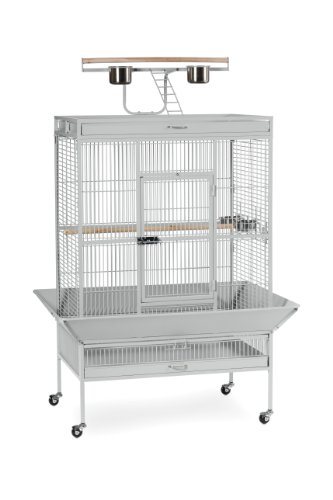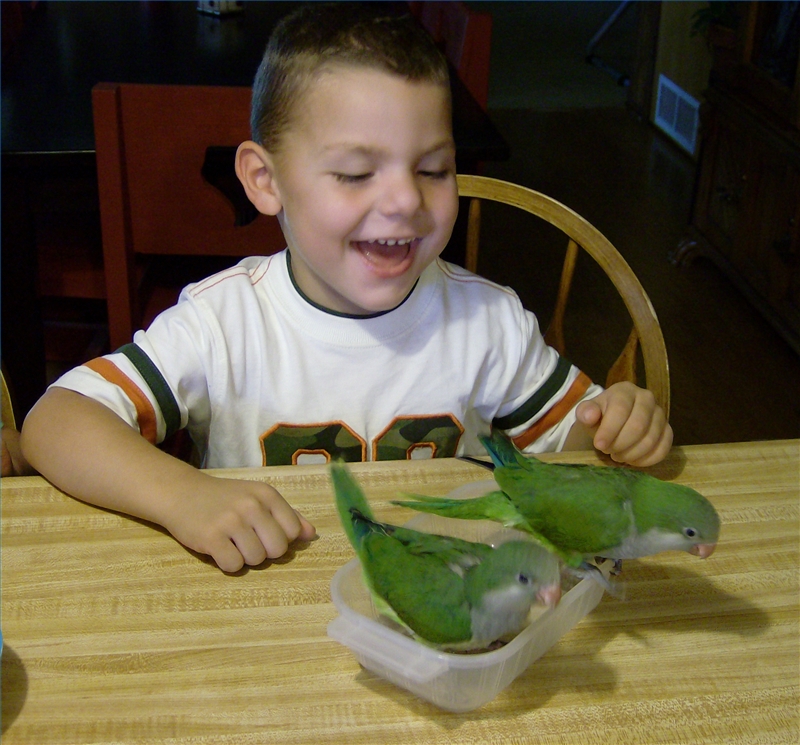While disease and illness is expected and even forgiven in fellow humans, we often try to close our eyes to the possibility of our pets getting sick. And if they ever fall sick, we conveniently forget that a little timely care and treatment would have saved us the problem in the first place. First of all, let's do away with the myth that we can catch all kinds of diseases from a pet. While some diseases are communicable, most others are infectious only among pets.
Basics of cat diseases:
You can pick up fleas or ticks from a pet that is not kept clean. But diseases like cancer, diabetes and cystitis are non-communicable. Even diseases that come too close for comfort like Feline Leukemia and Feline Immunodeficiency Virus can affect cats and ONLY cats! Also, your cat's runny nose, cold and sneezing will not get passed to you, or vice versa.
Cats have a reputation of being cleaner than most other pets. So, it's easy to see why people tend to overlook symptoms and signs till matters get worse. Some of the most common diseases that cats ail from include:
Upper respiratory diseases: We know this as the common cold and cats are subject to different kinds of 'cold' viruses, just like humans. Signs include severely inflamed eyes, high fever, sneezing, snotty noses, excessive tearing, depression and difficulty in breathing and swallowing. Secondary infections like pneumonia may set in if the cat's resistance is lowered and the disease is not treated soon.
Parasitical infections: Cats can get infected with internal and external parasites. External parasites include ticks, fleas, mites, and lice. These parasites can cause pesky itching problems which may lead to secondary infections and skin rashes. Coats, ears and eyes have to be kept clean and infected cats will have to be treated with chemicals or medicine. Among the most common internal parasites, roundworms and tapeworms cause the most harm. Diagnosis can be made by inspecting the feces. Cats have to be de-wormed periodically to keep such parasites away.
Some other common problems seen in cats are Feline Urological Syndrome (infecting the urinary system), Abscesses (caused due to trauma to the skin) and ringworm. Ringworm is contagious and can pass on to humans.
Basics of dog diseases:
Just because you are feeding him well and exercising him regularly, don't think that your dog is immune to diseases. Dogs are vulnerable to a number of common diseases. Some varieties of dogs also carry strains of inherited disorders that will surface as they grow older. While there is nothing much you can do about inherited diseases, you can help effect speedy recovery in other cases. As always, early detection is the key to good health. Some of the common diseases in dogs are:
Diarrhea: This is more often seen in pups than adult dogs and may be triggered by stress, a sudden change in food or a viral or bacterial attack. Diarrhea is deadly because it can lead to death due to dehydration. Older dogs may suffer from bloat and occurrence increases with age.
Upper respiratory infections: Discharge from the eyes/nose, coughing or sneezing is indicative of respiratory diseases. Airborne viruses and bacteria transfer the disease which is highly contagious between dogs. Kennel Cough' is a respiratory disorder that can be prevented through vaccinations.
Other common ailments like rabies, distemper and parvovirus can be prevented through timely vaccinations and booster doses. Just like cats, dogs also play hosts to a number of internal and external parasites. Good grooming and proper treatment can help prevent damage. Dogs also suffer from periodontal diseases as they grow older. Proper dental hygiene is the only way to prevent this.
Pet birds also suffer from a number of diseases; the most common among these is the Proventricular Dilatation Disease also called the 'Macaw Wasting Disease'. This causes seizures, weight loss and regurgitation. 'Parrot Fever' or 'Psittacosis' is another common bird disease which can infect people too.
Most pet owners love their pets to distraction, and when disease strikes, they feel helpless and unsure. Take your sick pet to the vet as early as possible. Always be vigilant and try to catch symptoms as soon as they appear. Since your pet cannot tell you about its headaches, tummy disorders or toothaches, you have to be extra careful.

 Perfect Travel Destinations With Travellers Aged In Excess Of 80
Person stage is a persons age when oldies have all their t
Perfect Travel Destinations With Travellers Aged In Excess Of 80
Person stage is a persons age when oldies have all their t
 The Delaware Chicken
Poultry BreedsDelaware Chick
The Delaware Chicken
Poultry BreedsDelaware Chick
 How to Find a Bird by Description
How to Find a Bird by Description
How
How to Find a Bird by Description
How to Find a Bird by Description
How
 Military Macaws
Common Name:
Military Macaws
Common Name:
 How to Handfeed a Baby Bird
How to Handfeed a Baby Bird
How to Han
How to Handfeed a Baby Bird
How to Handfeed a Baby Bird
How to Han